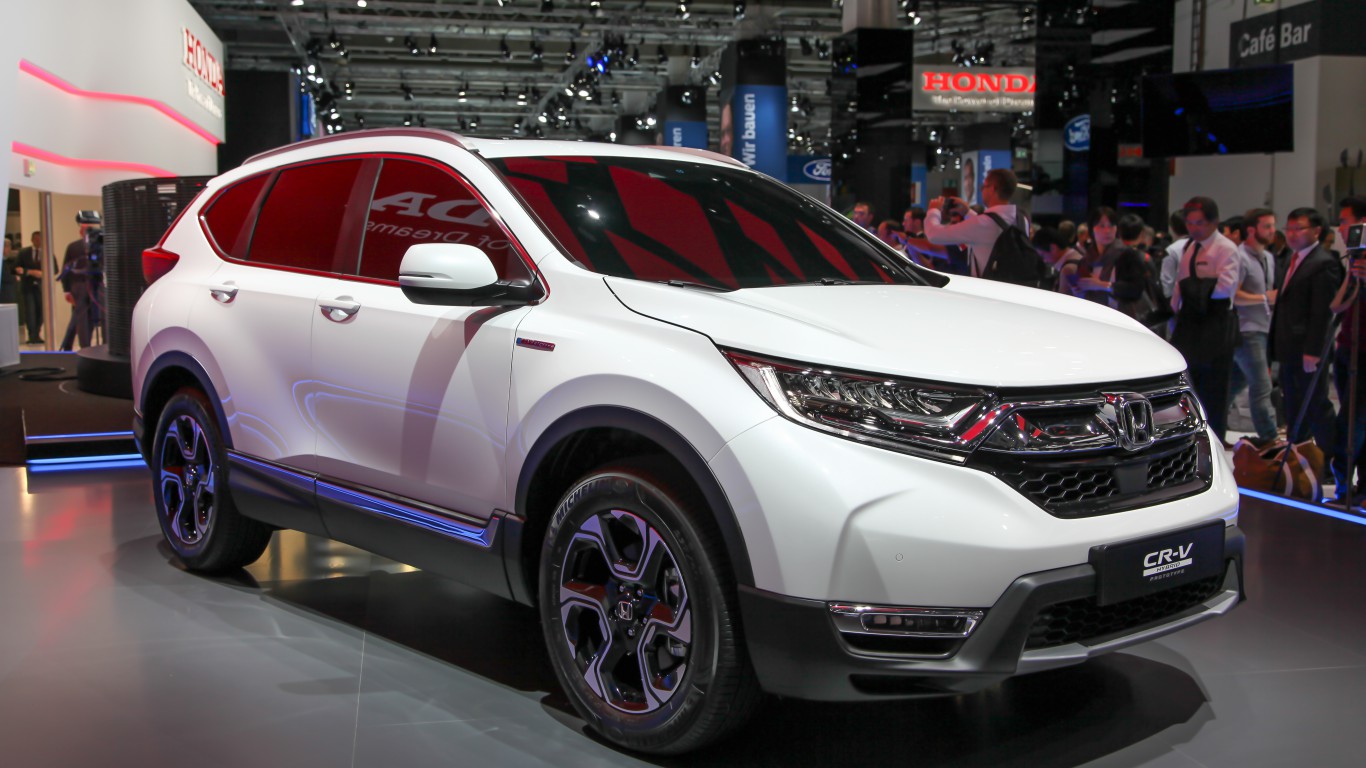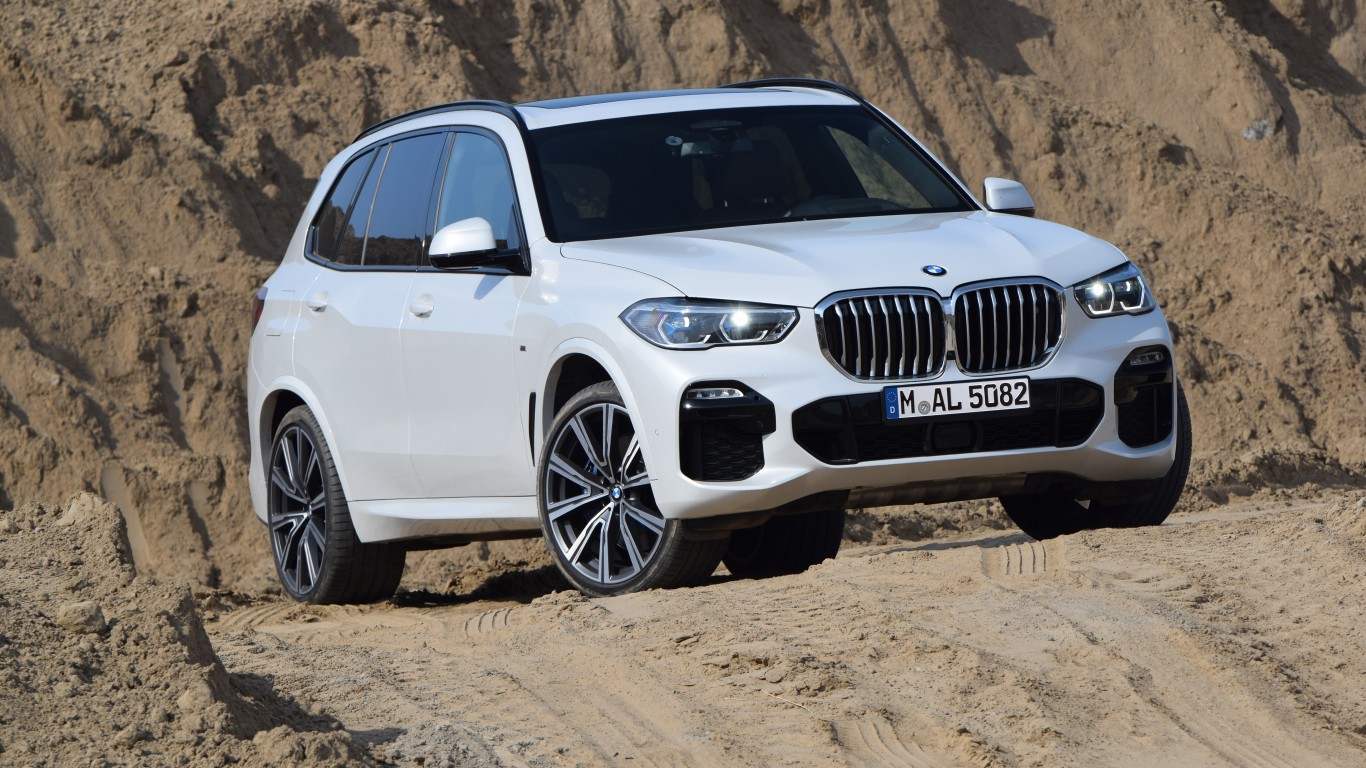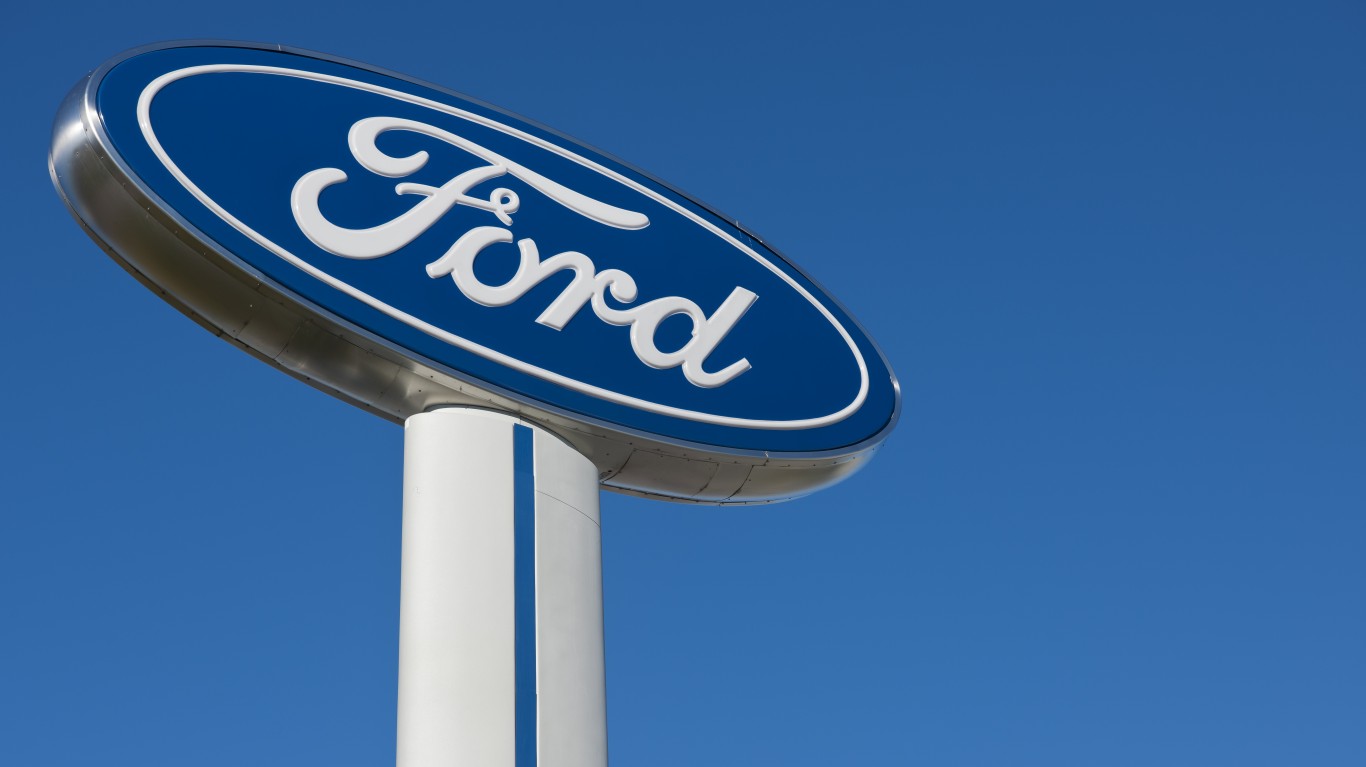
Honda Motor Co. Ltd. (NYSE: HMC) sells a lot of its compact CR-V SUV in the United States. In the first nine months of this year, for example, the CR-V is the company’s best selling model, with sales totaling 277,621. In 2017, the company sold 377,895 CR-V, edging out the compact Civic as Honda’s top seller, a position the CR-V is consolidating this year.
According to a report last week at Consumer Reports, Honda has a serious problem with the 1.5-liter, 4-cylinder turbo engine sold in more than 500,000 CR-Vs: gasoline is leaking into the engine’s oil causes the engine to stall or lose power during short trips or low-speed driving, especially in cold weather. Worse, it damages the engine by diluting the oil, making it less effective at lubricating the engines moving parts.
For its part, Honda has said:
Honda has received some reports in the United States of irregularly high oil levels in certain 2017-2018 Honda CR-V vehicles equipped with 1.5-liter engines, primarily from the northern areas of the country during extreme cold weather conditions combined with short, intermittent driving. Honda has been investigating the situation and developing a remedy, which we hope to make available through authorized Honda dealers by mid-November 2018.
The repair will be covered by the CR-V’s warranty and the fix will be applied to the model year 2019 vehicles before they go on sale.
According to an expert Consumer Reports consulted, the problem is likely to result from one of two causes:
[I]mproperly designed fuel injectors that spray fuel directly onto the cylinder walls or the engine not heating up enough to vaporize gasoline left over in an engine cylinder.
Honda has not issued a recall on the U.S. cars yet, but did recall some 380,000 CR-Vs and Civics in February in China following reports of similar problems there. According to Consumer Reports, owners were directed to take their CR-Vs to a dealer to fix “an inappropriate fuel-injection setting” that could cause gasoline to seep into the oil pan at temperatures below -4 degrees F.
The company does not consider the problem to be a safety threat, an opinion not shared by Consumer Reports. David Friedman, vice-president for advocacy at the magazine and a former acting director of the National Highway Transportation Safety Administration, said:
There are many ways stalling can be a safety issue, so if these cars are stalling, they need to be recalled. Even if it turns out there’s no specific safety defect, Honda still should take care of their customers and notify them to go to a dealership for a free repair.
The full report from Consumer Reports is available at the website.
It’s Your Money, Your Future—Own It (sponsor)
Retirement can be daunting, but it doesn’t need to be.
Imagine having an expert in your corner to help you with your financial goals. Someone to help you determine if you’re ahead, behind, or right on track. With SmartAsset, that’s not just a dream—it’s reality. This free tool connects you with pre-screened financial advisors who work in your best interests. It’s quick, it’s easy, so take the leap today and start planning smarter!
Don’t waste another minute; get started right here and help your retirement dreams become a retirement reality.
Thank you for reading! Have some feedback for us?
Contact the 24/7 Wall St. editorial team.




